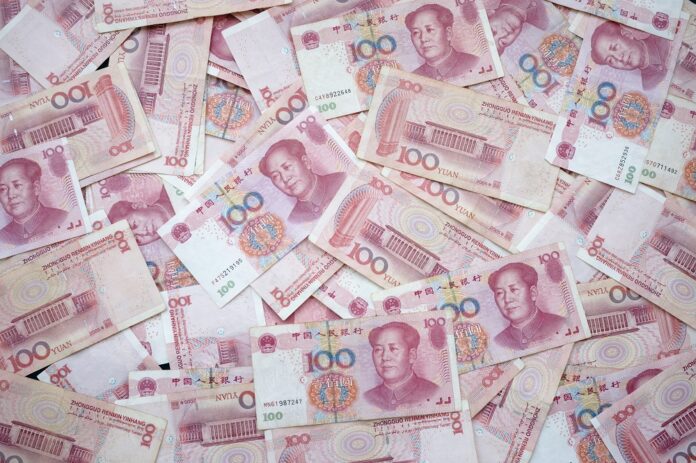High-technology product development is moving expeditiously and with it grows the demand for rare earth minerals. The road to clean energy transition is challenging already, but what makes it even harder is the refining of rare earths.
According to Reuters, citing the International Energy Agency (IEA), China currently “controls 87% of global rare earths refining capacity,” posing a challenge to the West.
China’s push to establish itself as a leader on the market was further fortified with its first batch of lithium carbonate futures that started trading in July this year, Financial Times reports.
According to Tiger Shi, CEO of Bands Financial broker based in Hong Kong, per FT, “China certainly wants to be a pricing power for all these markets.”
According to FT, China is attempting to minimize the dependence of the commodities market on the US dollar, which has grown since the US placed sanctions on Russia due to the Ukraine War, by setting up its own trading centers and benchmarks priced in yuan.
By 2025, output from Chinese-controlled mines—including initiatives in Africa—is anticipated to increase from 194,000 tons in 2022 to 705,000 tons. By doing so, China’s share of the mineral essential to EV batteries would increase from 24% to 32% of the global supply, according to Mining.com.
Some experts, however, suggest that the start of lithium carbonate trading will help stabilize prices of raw materials, thus creating a more sustainable environment for the development of the electric vehicle (EV) industry, China Daily reported.
Last month, Xinjiang Uygur Autonomous Region in northwest China kicked off its first stage of a project involving the production of lithium carbonate, according to CGTN. This is the largest project of its kind, with an expected annual output of 120,000 tons of lithium carbonate.
“Upon the completion of the second phase, its annual production capacity will exceed 120,000 tons, generating marketing revenue of over 30 billion yuan,” CGTN said.



